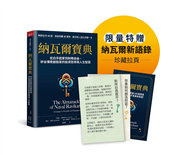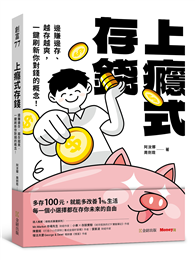Responding to the increasing need for new and peaceful forms of emancipation, Stuart Blaney offers a unique solution in the synergy between two pioneering strands of continental philosophy: Michael Foucault’s ideas on freedom and Jacques Rancière’s ideas on equality.
Building a dialogue between these two thinkers, Blaney presents new perspectives on their work and a clear picture that emancipation comes from everyday practices rather than any particular movement or revolution. In exploring these combined views of equality and freedom, Blaney draws on some of the central facets of both concepts, including revolution, disagreement, care for the self, free speech and stoicism. To put these ideas into a practical framework of real, lived experience, we are introduced to the figure of Louis-Gabriel Gauny the 19th-century worker-poet and self confessed plebeian philosopher. Gauny is a nexus for Rancière’s and Foucault’s ideas; his life exemplifying a dual mode of existence in-between conformity and political revolution. This lived philosophy of equality and freedom shows the strong synergy between the two concepts, with one reinforcing the other and strengthening their efficacy as forms of emancipatory practice.| FindBook |
有 1 項符合
Equality and Freedom in Rancière and Foucault的圖書 |
 |
Equality and Freedom in Rancière and Foucault 作者:Blaney 出版社:Bloomsbury Academic 出版日期:2024-12-12 語言:英文 規格:精裝 / 272頁 / 23.39 x 15.6 x 2.54 cm / 普通級/ 初版 |
| 圖書館借閱 |
| 國家圖書館 | 全國圖書書目資訊網 | 國立公共資訊圖書館 | 電子書服務平台 | MetaCat 跨館整合查詢 |
| 臺北市立圖書館 | 新北市立圖書館 | 基隆市公共圖書館 | 桃園市立圖書館 | 新竹縣公共圖書館 |
| 苗栗縣立圖書館 | 臺中市立圖書館 | 彰化縣公共圖書館 | 南投縣文化局 | 雲林縣公共圖書館 |
| 嘉義縣圖書館 | 臺南市立圖書館 | 高雄市立圖書館 | 屏東縣公共圖書館 | 宜蘭縣公共圖書館 |
| 花蓮縣文化局 | 臺東縣文化處 |
|
|
圖書介紹 - 資料來源:博客來 評分:
圖書名稱:Equality and Freedom in Rancière and Foucault
|











